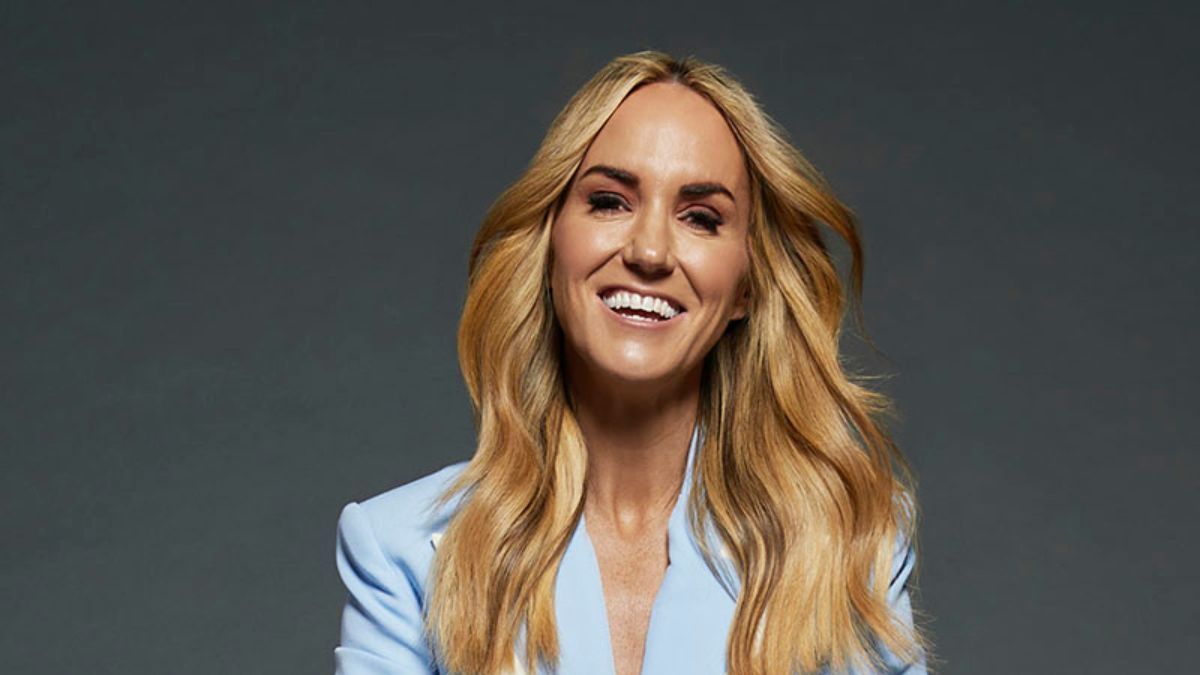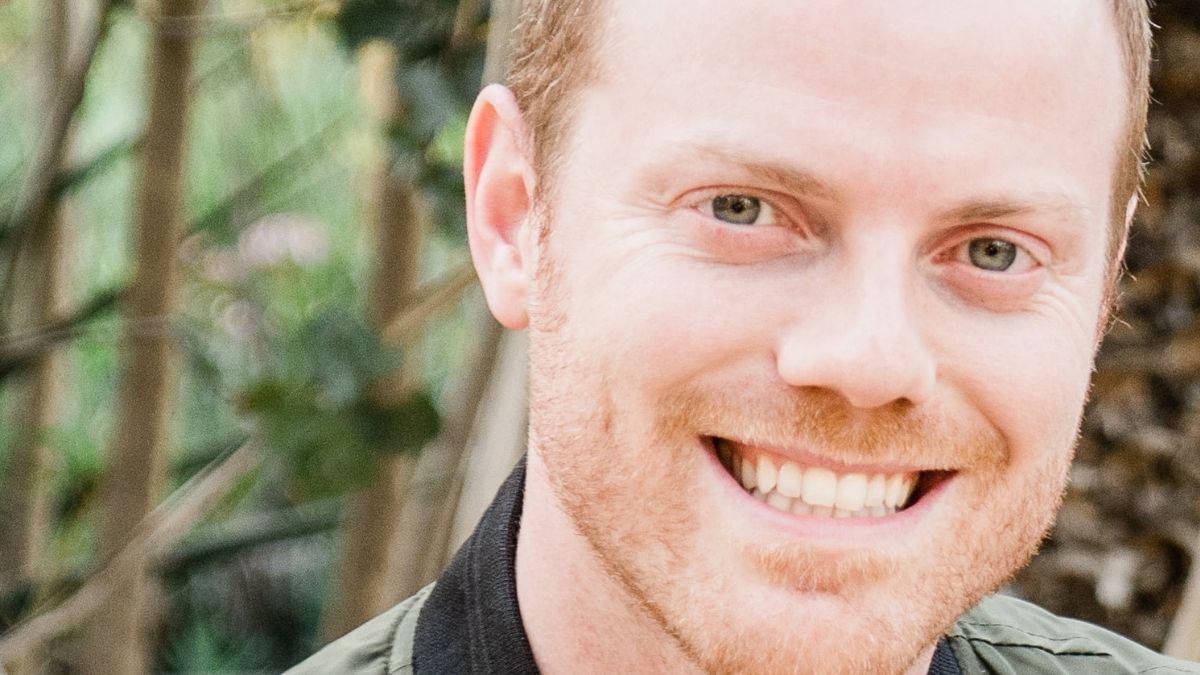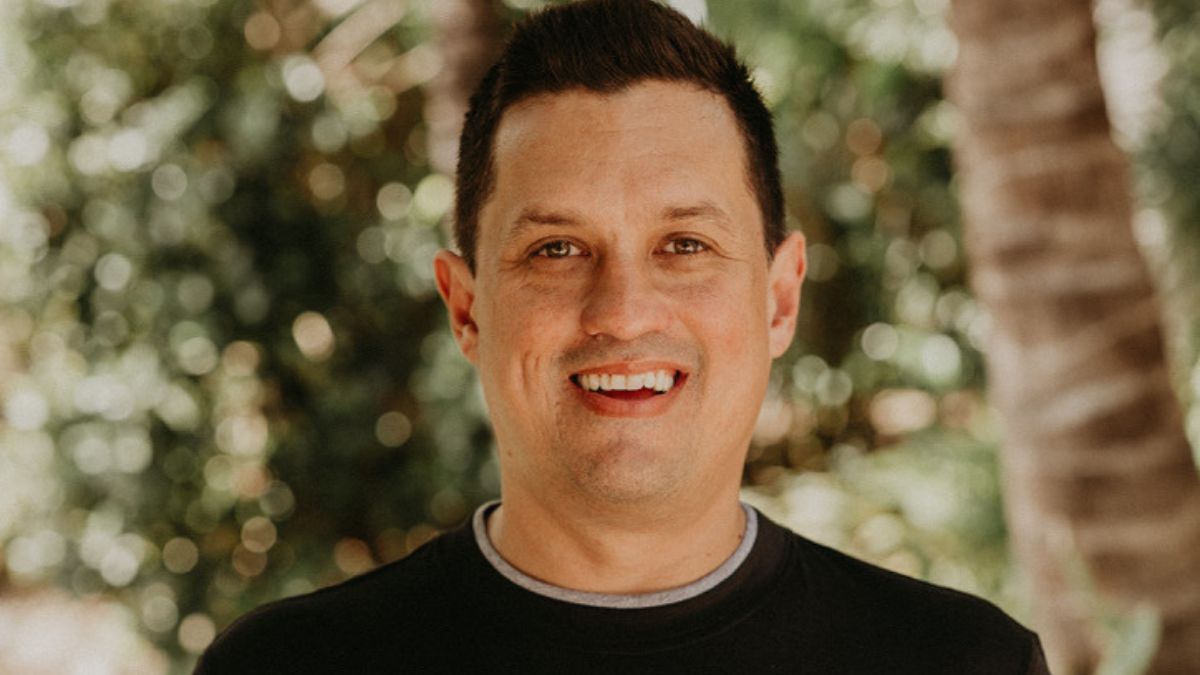When Burnout Becomes a Badge of Honour
Six kids under six.
Let that sink in for a moment.
Amy Louise had six children—no twins, just a run rate of 12 to 15 months apart—while simultaneously scaling some of Australia's most iconic retail brands from the C-suite.
Her joke? "As we were acquiring brands, I was having babies. One by one."
From shop floor to boardrooms, Amy's career trajectory is remarkable. But so is her question in the latest Handpicked episode:
Is burnout really a badge of honour? Or are we all deceiving ourselves?
The Law Degree She Didn't Need
Amy grew up in a family of seven—five brothers who told her she couldn't study law.
So naturally, she proved them wrong. Started with a commerce degree, then added law on top. Double degree. Done.
That competitive drive, that need to prove herself? It explains the hustle that got her to where she is today.
But at what cost?
That's what we dig into in this episode. And if you're someone who wears your exhaustion like armour, you'll want to hear this conversation.
Burnout Badge
Amy's opening question hit me hard: Can you talk more about burnout?
Because here's the truth—we all treat it like a badge of honour. Like if you're not completely exhausted, you're not working hard enough.
I told Amy I'm an underachiever compared to her (and I meant it). But I also shared something I've been talking about more recently: you can't do it all on your own.
You shouldn't even try.
I remember talking to a founder who had two small children. She was doing everything—cleaning the house, getting kids to playgroup, running her business. And her business was always last, always stressful. She wasn't enjoying anything.
My question to her was simple: What can you outsource?
Because our job is also to provide employment to other people. That's how the system works.
In the episode, I share what I outsourced when my kids were little, what I made sure I kept for myself (reading time, bath time, school pickup), and why my kids don't remember most of what I stressed about doing.
But Amy has her own version of this—and it's brilliant.
Everything She's Not Good At
Amy's approach to support? Find someone who's good at everything you're not.
She's had the same nanny since her second eldest was born. Patient. Good with babies. All the things Amy admits she's not naturally great at.
And here's the other secret: Wednesday night date night. Religiously. Since her eldest was born.
Because you need things to look forward to. You need to break up the week. Otherwise every day becomes the same blur.
I share more in the episode about why it took me a while to get into gear—the chaos years, the moment I realised full-tilt sprinting was unsustainable, and why you simply cannot run a marathon at sprint pace.
Because when we break down, we're no good to anyone.
The Personal Plan Nobody Talks About
Amy's second question was about transitioning from corporate to founder to investor. What advice would I give someone at her career stage?
My answer: Have a plan. A personal plan.
Every year, my husband and I sit down and ask: What do we want the end of the year to look like? What's in, what's out?
And we create a theme.
In the episode, I walk through how I've been quite considered in my career transitions—from working parent to business owner to board director to investor. None of it was accidental. It was planned.
And that planning changes everything.
What I Look For in Leaders
When Amy asked what I look for in leaders I back and collaborate with, my answer was simpler than most people expect.
First: Can I work with this person?
Second: Do they have a clear sense of purpose? How do they contribute to make the world a better place?
Because investments are like buses—there'll always be another one. You never look at the bus you've missed, you look at the one that's coming.
The leaders I look for are people with a clear sense of self. Values-driven. They know what they stand for, they know their beliefs, and they're deeply curious.
But here's something I haven't said publicly much: My angel investing days are over.
That was a certain time. But as you get older, you think differently about risk and time runway. Investing in startups isn't an overnight success—it could be a 20-year journey.
I look at things differently now.
I explain why in the episode, including what I'm focusing on instead and why this podcast is part of that shift.
What's Next for Naomi?
Amy asked me directly: What's next for you?
Writing regularly. I think it's important we hear from voices we trust.
Keynote speaking. I never know who I'll impact, what they'll learn, what I'll learn.
My board career. I've still got plenty to contribute to Australian business and small businesses.
And who knows what next year's theme will be. Maybe creativity? (Sounds like I'm already pitching ideas...)
The Retail Opportunity Nobody's Talking About
Amy's final question was the one I think every Australian retailer should be asking: What's the biggest untapped opportunity in retail over the next few years?
My answer might surprise you.
Look at what's thriving: businesses that can't be put in a box. That can't be shipped.
The key to retail's future is the secret sauce that can't be put in a box.
And we're going to crave more and more human connection.
I go deeper on this in the episode, including specific examples and why I think experiential retail is where the real opportunity lies.
The Question Behind the Questions
What I loved about this conversation with Amy is what she was really asking underneath all these questions:
How do I do this sustainably?
How do I build what's next while being present for what matters now?
How do I know when to pivot, when to push, when to pause?
These aren't just retail questions or career questions. They're life questions.
And if you're juggling impossible loads right now—whether that's kids and career, multiple businesses, career transitions, or just trying to figure out what the next chapter looks like—this episode will resonate.
Your Listening Invitation
This blog gives you maybe 20% of the conversation. The real value is in hearing Amy's journey in her own words, understanding the specific frameworks I use for personal planning, and getting the full picture on what's happening in Australian retail.
Plus, there are moments in this conversation—about the chaos years, about knowing your superpower, about rhythm and discovery and creativity—that you need to hear in full context.
🎧 Listen to "Shop Floor to C-Suite" now on Spotify, Apple Podcasts, or iHeart.
New Handpicked episodes drop every Monday. Subscribe so you catch the next conversation.
Frequently Asked Questions on The Shop Floor to C-Suite Journey
1. What was the core disruptive idea behind starting RedBalloon?
The disruptive idea was to solve the biggest problem for small businesses: customer acquisition. Instead of charging large upfront marketing fees, I flipped the model to a performance-based commission. Businesses only paid us when they secured a customer, which significantly de-risked their marketing and allowed RedBalloon to grow into the national market leader in experiences.
2. What is the most crucial challenge for a founder transitioning to a Non-Executive Director (NED) role?
The most crucial challenge is the mindset shift—knowing when to "get out of the way." The skills that get a founder from the 'shop floor' (startup) to the 'C-suite' are different from those required for governance. The maturity of a leader is often defined by their ability to trust professional management and focus their energy on long-term strategy, risk, and setting the company's vision.
3. Why do you encourage small business owners to focus on formal governance training?
I strongly encourage it because 'you don't know what you don't know.' Many founders and small business owners are directors and liable for governance responsibilities without formal training. Education, such as the AICD Director’s Course, gives leaders the essential frameworks to manage finance, risk, and culture, which is vital for scaling the business successfully and protecting personal liability.
4. What is your core philosophy on building a strong company culture?
My philosophy centres on connecting a clear purpose to people's daily work—or 'toil.' Great culture is purpose-driven. It's built on four pillars: employees must clearly know what their role is, feel their work is worthwhile, be acknowledged for their efforts, and go home feeling like a winner. This transparent, human-centric approach builds engaged, high-performing teams.
5. In your experience, what is the key to balancing innovation (growth) and oversight (risk) in the boardroom?
It’s an absolute balancing act. The key is applying a "growth mindset" while maintaining rigorous risk frameworks. You balance them by focusing capital and resources on areas that deliver the highest leverage for innovation (educated bets) and by constantly reviewing your risk register. It’s about being prepared and creating a culture where management feels safe to bring bad news to the board.





